
Recommendation
This excellent short book by German historians Jürgen Osterhammel and Niels P. Petersson provides a fascinating, accessible sketch of the development of globalization. The authors bridge the gap between academic historians and general readers. While they discuss, in summary, issues of terminology and research primarily of interest to the former, they do not lose the latter. Many will be surprised to learn that at least part of the foundation of globalization as we know it may have been laid as early as the thirteenth-century Mongolian empire. The authors divide the history of globalization into four major phases, and offer provocative insights into the forces at work in each phase. At a time when many people believe that the term "globalization" connotes an entirely new world condition, this book is an indispensable corrective. getAbstract recommends it to history buffs, journalists, and employees and executives at international companies.
Summary
About the Authors
Jürgen Osterhammel is a professor of modern and contemporary history at the University of Konstanz, where Niels P. Peterson is a lecturer in history.









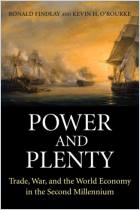

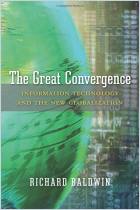
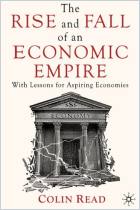
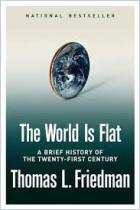
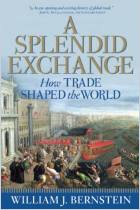




Comment on this summary or 开始讨论